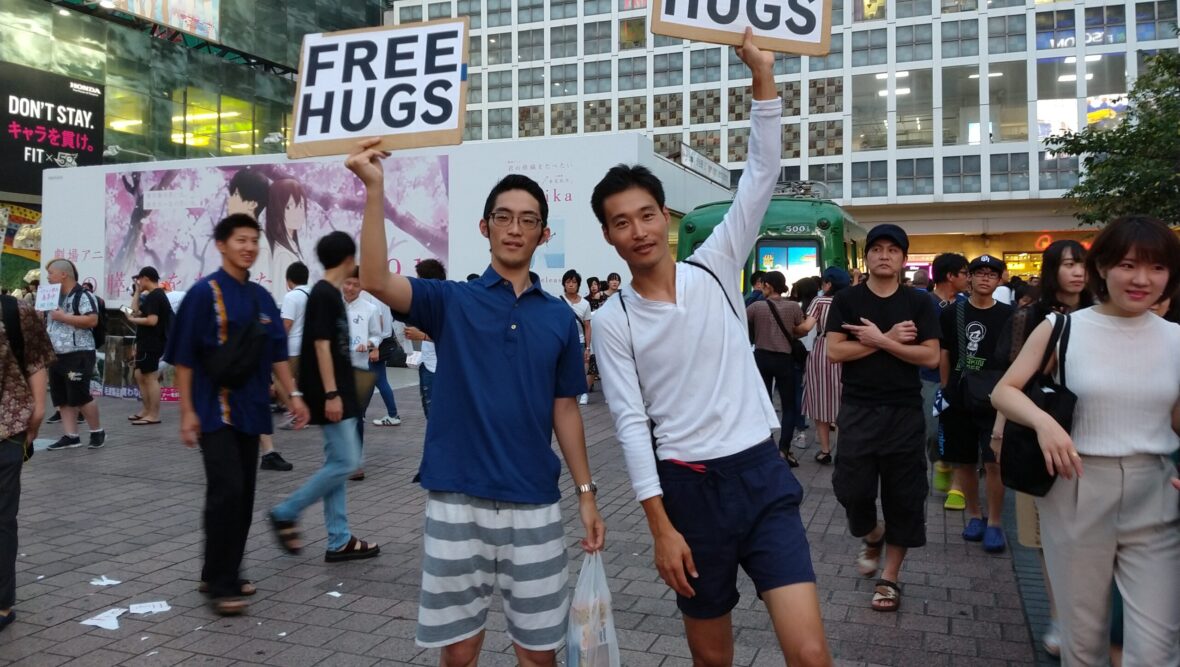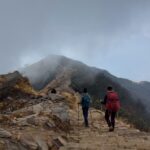The Japanese language is a beautiful language, but one of the most difficult ones to learn. It uses three alphabets (Hiragana, Katakana and Kanji) and has an excessive amount of grammatical constructions and rules. Quickly learning the language before you go is nearly impossible, you’ll need years of practice to uphold a good conversation. Such language barriers can be a challenge when traveling to a foreign country. To make your trip
to Japan more enjoyable, it’s helpful to know at least a few basic Japanese phrases for your visit to Japan.
So study these 12 basic phrases for your trip to Japan to make it a bit easier for yourself – or bring them with you on a piece of paper ;):
Hello: Konnichiwa (こんにちは)
Goodbye: Sayōnara (さようなら)
Please: Onegaishimasu (お願いします)
Thank you: Arigatō Gozaimasu (ありがとう ございます)
Excuse me: Sumimasen (すみません) – useful for calling a waiter or shop staff
Yes: Hai (はい)
No: Iie (いいえ)
I’m sorry: Gomennasai (ごめんなさい)
How much is this? : Kore wa ikura desu ka? (これはいくらですか。)
Do you have …? : …. arimasuka? (…. ありますか。) – for example “Koohii arimasuka?” = Do you have coffee?
Where is the toilet? : Toire wa doko desuka? (トイレはどこですか。)
Do you speak English?: Eigo ga hanasemasuka? (英語が話せますか。)
It’s also helpful to know the numbers and some basic grammar. For example, the letter “o” is sometimes added to the start of a word to speak in a more polite way. So sushi can be called “osushi” sometimes and sake can be called “osake”. “San” is added to the end of someone’s name to indicate respect. So it’s a good word to use in combination with someone else’s name. It’s also worth noting that Japanese culture is built on politeness and respect, so using these phrases in the correct context will help to show respect to the locals and make your trip more pleasant.
Furthermore, while these basic phrases will help you navigate your way around Japan, it’s always a good idea to carry a translation app or a phrasebook with you. Additionally, many Japanese people are able to speak English, especially in tourist areas, so don’t be afraid to ask for help at any time.
I hope these 12 basic phrases you need in Japan will help you have a more enjoyable and stress-free trip to Japan. You can check out my blog “14 customs you should know about before visiting Japan” for some more preparation. And if you want to learn more about reading Japanese, I can highly recommend the book “Read Japanese Today” by Len Walsh. It explains the 400 most used Kanji in the Japanese language in a fun and memorable way! For learning Hiragana and Katakana there are some good apps such as Obenkyo and Memrise.







